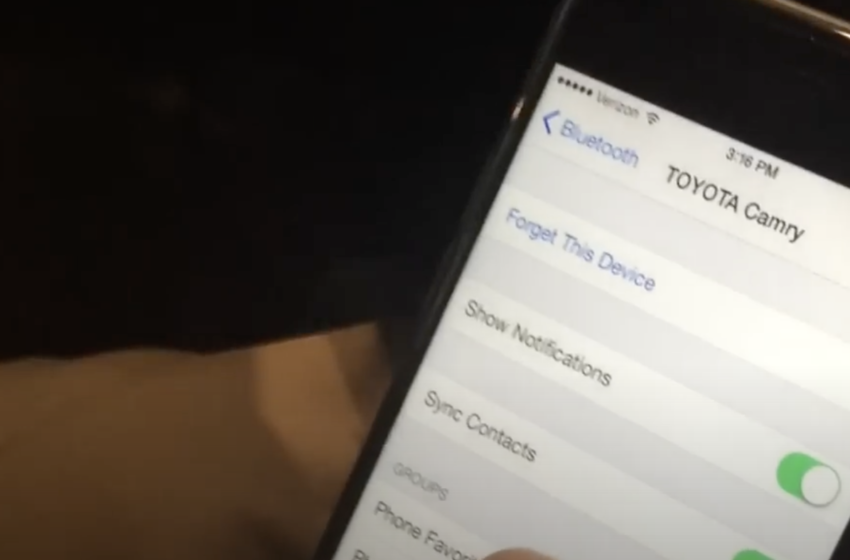Your Car Stores Your Text Messages – Law Enforcement Can Retrieve Them Anytime, Following Federally Rejected Lawsuit

Your car is smarter than you think.
And it is not a violation of privacy for your car to automatically store text and call data from your cell phone, following a ruling from the U.S. Court of Appeals for the 9th Circuit.
Modern convenience often comes with a price of sacrificed privacy, but in this case, the plaintiffs claimed they were unaware of what they were signing away when they connected their smartphones to their cars.
A class-action lawsuit brought against the car manufacturers Ford, General Motors, Honda, Toyota and Volkswagen asserted that under the Washington State Privacy Act, drivers’ privacy had been violated due to the fact that “the vehicle’s system downloads all text messages and call logs from Plaintiffs’ cellphones as soon as they are connected.”
“If text messages or call logs are deleted from a cellphone, the vehicle nevertheless retains the communications on the vehicle’s on-board memory, even after the cellphone is disconnected. Vehicle owners cannot access or delete their personal information once it has been stored,” the court said of the plaintiffs’ complaint.
In its defense, Ford argued that drivers of their vehicles had given “implied consent” for the storage of personal data, adding that it provides for a “factory reset” procedure on its website to wipe the memory board of all stored data.
Ford was also able to prove that it did not have access to, nor could it store, any text or call data from customers’ vehicles.
The privacy concern from the plaintiffs, therefore, came down to the risk of the third-party data retrieval company, Berla.
Berla produces hardware and software, marketed to law enforcement clients, that can extract stored phone data from connected vehicles.
On its own website, Berla claimed that by using its data retrieval products, “having access to a suspect’s connected vehicle is the next best thing behind having the actual phone itself.”
The 9th Circuit found in favor of Ford, and subsequently the other car manufacturers, because the plaintiffs had failed to prove an actual
Source: The Gateway Pundit















